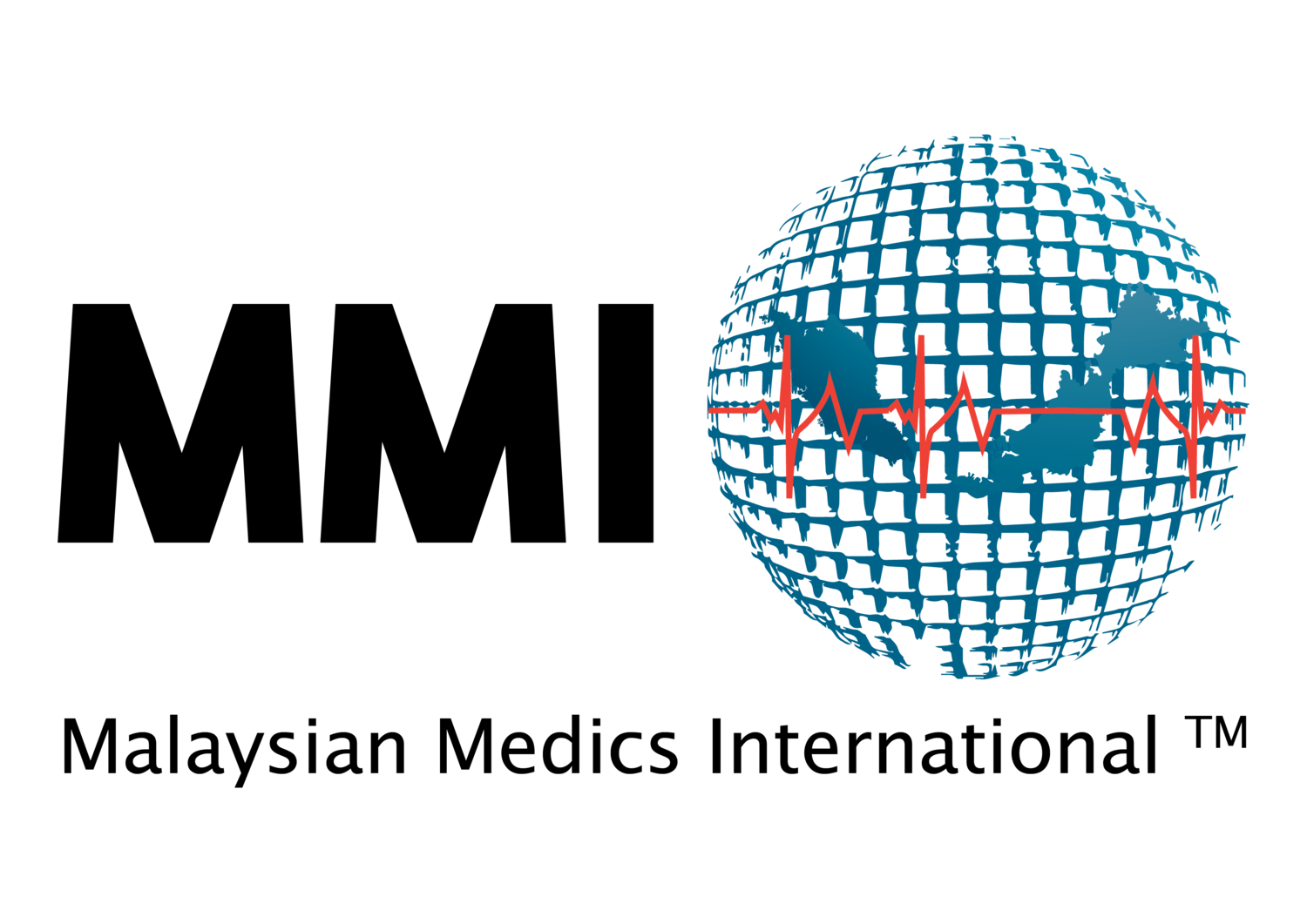“Why Is Your Hair Like That?”
Humans of Medicine #15
Warning: The following article contains strong language which may be offensive to some readers.
I am a Beta Thalassaemia Major patient.
I used to miss school once a month to receive blood transfusions. The resultant elevated iron levels from the transfusions meant that I had to sleep with a needle inside of me for twelve hours every night as part of treatment to bring down iron levels to prevent heart and liver complications.
My parents were devastated to see me in such a state and were desperate for a solution. They then stumbled upon the option of a matched unrelated bone marrow transplant. Fortunately, they found an unrelated donor and a doctor who could perform the procedure. It wasn’t an easy decision to come to, but watching your child crying every month from the needles poking her tiny veins were heart-wrenching enough to overshadow the risks surgery would bring.
The gruelling process began with oral chemotherapy drugs to destroy my own bone marrow, but as a side-effect to the medications, it also led to my hair falling off. Then came the bone marrow transplant, which was rather successful. However, a few weeks later, a complication happened: the graft rejected my body. This is partly why my hair won't grow back. Steroids and autoimmune drugs were given as treatment for this, which led to more physically prominent side-effects.
After eight long months of medications and battling their side-effects, I could finally go back to school. Names like ‘botak kia’ (bald kid) and bitch were thrown around by mere Primary 3 kids. Overall, I was ostracized. Kids would spread rumours that I had some contagious disease, so no one shared food with me, or even wanted to be near me. But as an only child constantly sheltered by my parents, I didn’t really put much thought to the mean comments.
Little did I know, the permanent bald patch on my head was just the beginning.
A slew of health problems then began to emerge. My childhood and teenage years consisted of visits to the hospital only to be diagnosed with a new health issue every few years. I was diagnosed with hormone insufficiency, bilateral cataracts, and Type-1 Diabetes during those times. Therefore, annual eye check-ups, daily hormone pills, and insulin injections became my new routine.
My teenage years were also when I started going out more often, and my parents encouraged me to wear headscarves as a protective mechanism to cover my bald patch. I didn’t really like it, but I listened anyway. I thought to myself, ‘Why do I have to hide who I am? It isn’t my fault that this happened to me.’ To make matters worse, Kuching is a rather conservative place, so I would get blatant stares.
“Why is your hair like that?” said hair product promoters, uncles, and aunties in supermarkets.
“You’re still so young; I think you would look a lot prettier if you did something about your hair.”
That hurt a lot. I guess that was when my insecurities started building up. I fell into depression during college, and that was when I decided to write my book: The Journey To Becoming Fearless. A part of me was very tired, and I just wanted to spew everything into a book to shut the judgemental people up. But there was a part of me who wanted to inspire others. As a frequent visitor of hospitals, I saw many thalassaemic and diabetic patients who have yet to embrace their conditions. Unknowingly, writing my book was also a process of self-discovery and self-love.
I got my story out in the open now, I don’t have to hide anymore. My book became more than an outlet of my own personal emotions – it reached out to an audience of others who were also struggling with the similar self-confidence issues.
Recently, a Thalassaemic patient told me how blessed I was to be alive. A few of her friends who underwent unrelated bone marrow transplants have passed away.
I do still have this lingering fear about whether another autoimmune disease could occur. After all, I was just diagnosed with Vitamin B12 deficiency last year; my immune system was attacking the enzymes involved in its absorption. This adds to the list of autoimmune conditions I already have, but despite all I’ve gone through, I am still grateful for life, grateful to be granted a Public Service Department Scholarship to read Pharmacy, and grateful to be an inspiration to many out there – even with the lingering possibility of a new health disorder in the future.
(Consent has been obtained from the interviewee for the purpose of this publication. The author has rewritten the article with permission from the interviewee.)
Humans of Medicine is a new initiative under MMI. We tell inspiring stories behind portrait shots of our everyday unsung heroes. Curated by Malaysian medical students from home and abroad.
If you have a story you would like to share, please reach out to us at admin@malaysianmedics.org.
About the Author
Jen Sze is a 2nd-year medical student from Monash University Malaysia. She's a proud Penangite with a penchant for expressing her innermost thoughts and feelings through poetry.



